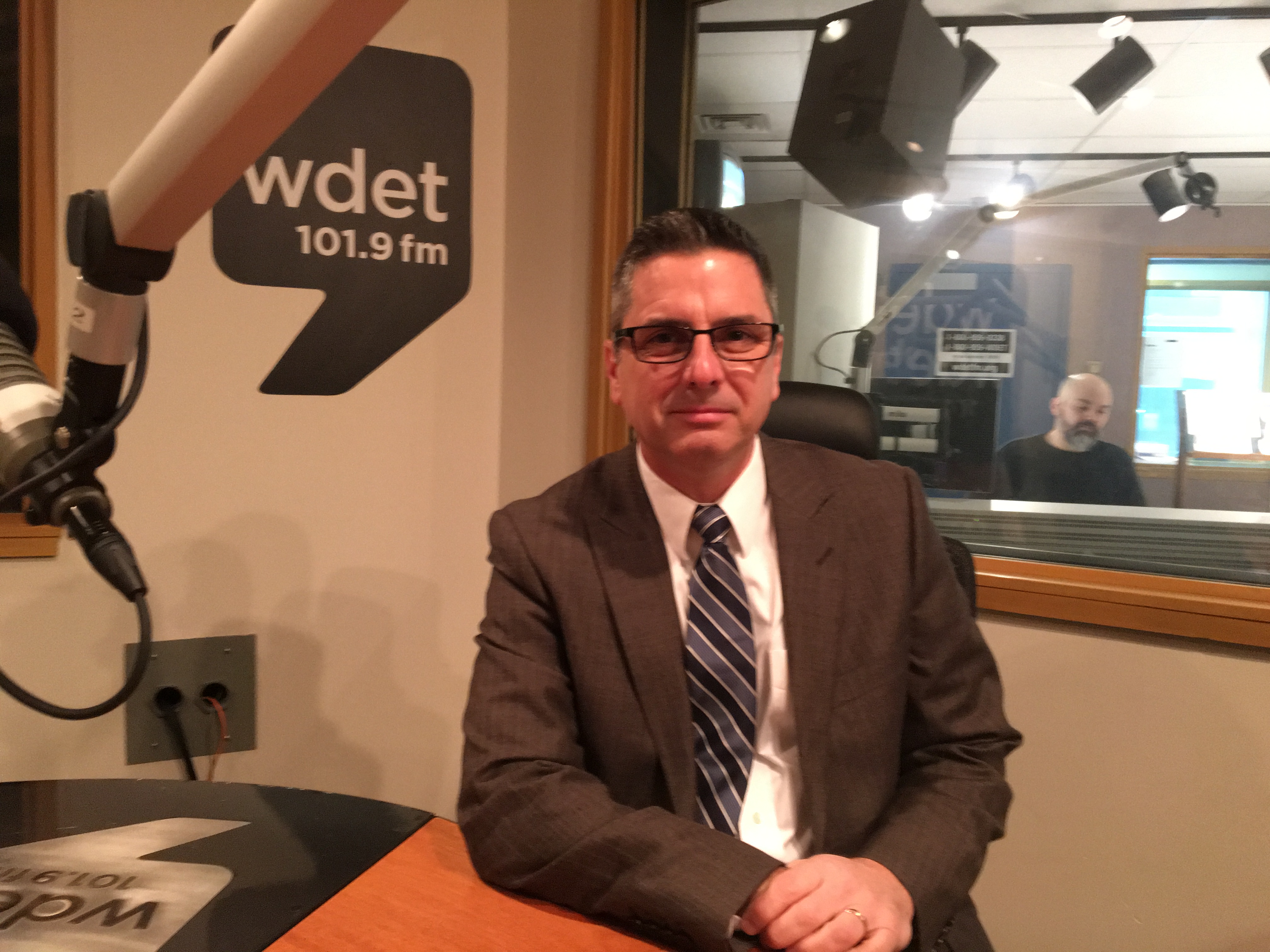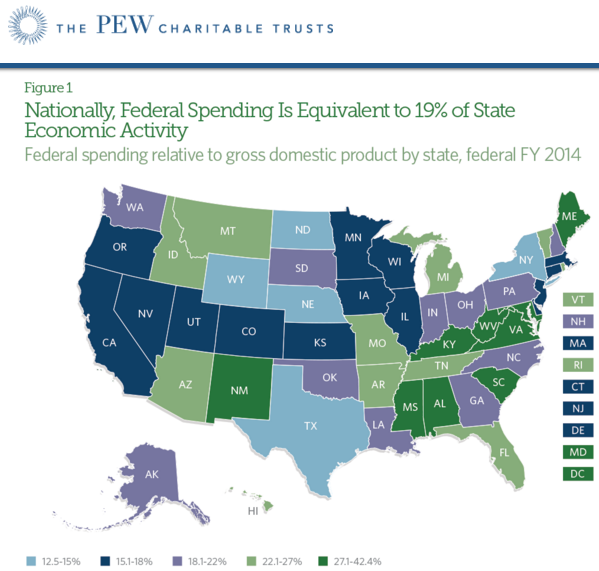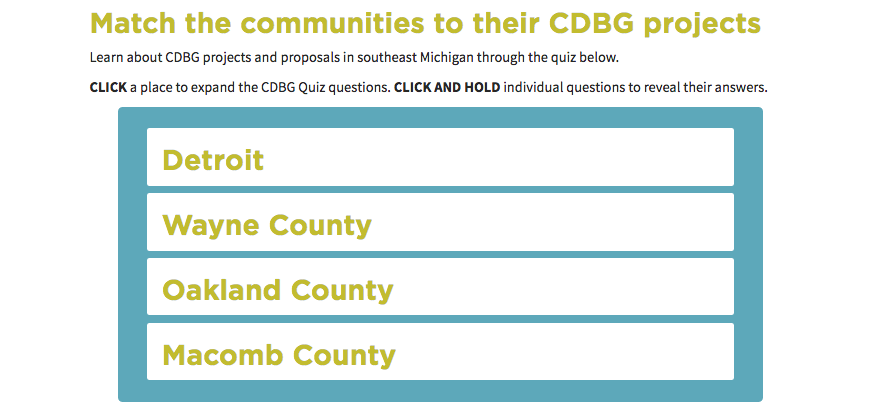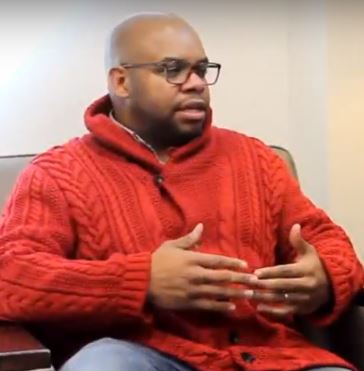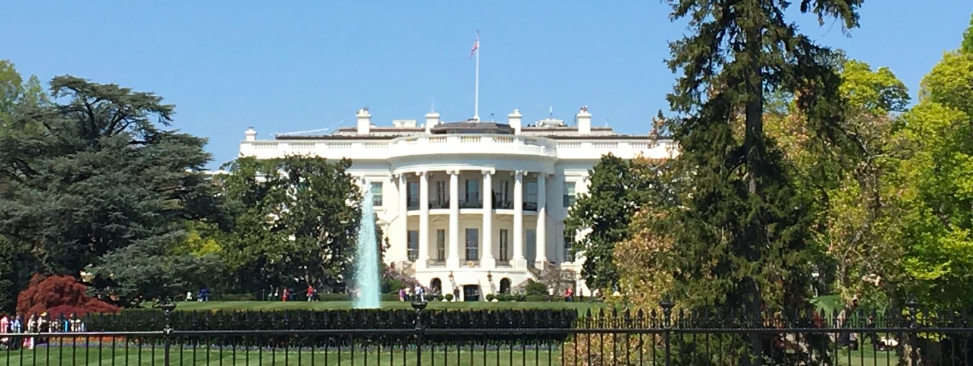
How does who is in the White House matter to communities in Southeast Michigan?
That’s the big question WDET aimed to answer in a series of multi-media reports aired and published before Michigan’s 2016 Presidential Primary on March 8. (Find links to all the features below.)
Hear WDET’s Sandra Svoboda and Stephen Henderson introduce the project on the March 1, 2016 “Detroit Today” program.
After all, Detroit’s bankruptcy dominated local and national headlines in recent years, and the Flint water crisis continues to draw attention to the nation’s aging infrastructure – and how we pay for it.
During the bankruptcy, President Obama appointed a task force of “point people” from various federal agencies to help Detroit officials navigate the federal bureaucracy and secure funding for buses, lighting, green infrastructure and other programs. Will his successor continue such support? What kind of federal funding do smaller communities receive? And how “political” are the decisions that get those dollars into local programs?
Hear WDET’s Laura Weber Davis and Sandra Svoboda interview Joe Kane from the Brookings Institution on the March 9, 2016 “Detroit Today” program about the abilities and limits of the federal government to address local infrastructure issues.
We thought the candidates might use Michigan’s issues as a springboard to talk about even bigger national issues, for example, the ones the National League of Cities (NLC) is pushing on behalf of cities around the country, including:
- Whether to mandate collection of sales tax from Internet transactions. Without it, NLC estimates Michigan missed out on about $288 million in 2012.
- Maintaining the income tax exemption on interest earned on municipal bonds. Without that break for individual investors, local city managers say their ability to raise money for public projects would be crippled.
- Not raising the age of Medicare eligibility, which, if enacted, would mean municipalities would need to pay for those extra years of health care for their retirees.
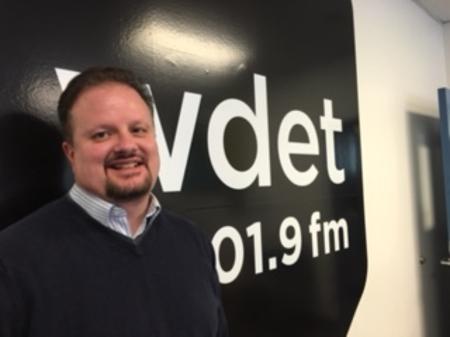
Hear WDET’s Sandra Svoboda interview Ed Klobucher, city manager in Hazel Park, and Anthony Minghine from the Michigan Municipal League on the March 3, 2016 “Detroit Today” program.
We also learned nearly $99 million of federal money came to Michigan in 2014, according to The Pew Charitable Trusts. That’s part of the roughly $3.3 trillion that went into states from the federal government. With all that money flowing from Washington D.C. to states and local communities, we thought we’d hear more from the candidates about how their policies and platforms would maintain or modify those programs.
We’re sorry to say the candidates weren’t saying much. WDET sent questionnaires to all the Democratic and Republican candidates who were still in race at the time of Michigan’s primary. Only Marco Rubio’s team returned it, but the questions specific to federal government programs affecting local communities – CDBG funding, for example – went unanswered.
We created a quiz for readers to test their knowledge about what federal money pays for in southeast Michigan communities by matching examples of CDBG projects to municipalities in the tri-county region.
We looked at the 2016 presidential candidates’ records and platforms to determine what, if anything they were saying about their plans for programs aimed at cities and suburbs. Residents told us what issues determine their vote. Do they think about international or national issues in the voting booth? Or are they able to bring it back to what their communities really need?
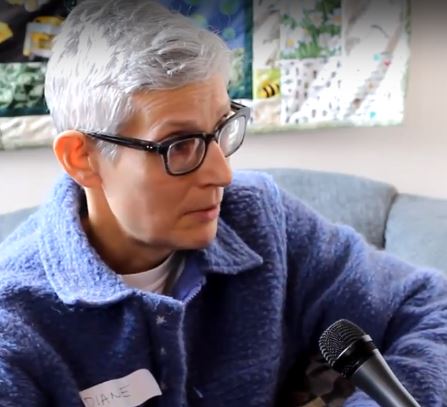
In all, we reported from Detroit and several suburbs – and hosted several guests in the WDET studio – to explore the connection between the presidency and what happens in our neighborhoods between election cycles.
Here’s What We Produced
WDET published a series of multi-media reports leading up to Michigan’s 2016 Presidential Primary on March 8 on air, online and through community engagement.
About the Project
This project is funded by the Ravitch Fiscal Reporting Program at the City University of New York Graduate School of Journalism. The program is named for New York civic leader and former lieutenant governor Richard Ravitch, who served as a special advisor to now-retired Bankruptcy Judge Steven Rhodes during Detroit’s Chapter 9 case.
The aim of the Ravitch Reporting Project Grants are to support in-depth, ambitious coverage of critical fiscal issues facing cities and suburbs across the country.
Meet our Team
Sandra Svoboda, special assignments editor, covered Detroit’s bankruptcy for WDET beginning in 2014.
Melissa Mason, research assistant, joined WDET as an intern in January 2015 when she was still a student at University of Michigan-Dearborn. Her role at the station has expanded, and she now develops informational graphics including the “Detroit By The Numbers” series.
Jessica McInchak, digital architect, manages the design and functionality of the web presentation of the team’s reporting work. This is her second special project with WDET. She previously developed the “Detroit Bankruptcy: One Year Later” digital components at NextChapterDetroit.com.
Matthew Morley, videographer and photographer, brings images to the project. A former WDET intern and current Wayne State University graduate student, he filmed, edited and co-produced the “B Is for Bankruptcy” youth poetry project videos as part of the “Detroit Bankruptcy: One Year Later” project.
Digital Documentation
Are you interested in creating your own quizzes, charts or maps like the ones seen throughout this series? We’ve used many open source tools that are non-developer friendly, and provided technical documentation for the custom code we’ve written. Learn more about our digital features on Github.
Produced in partnership with



